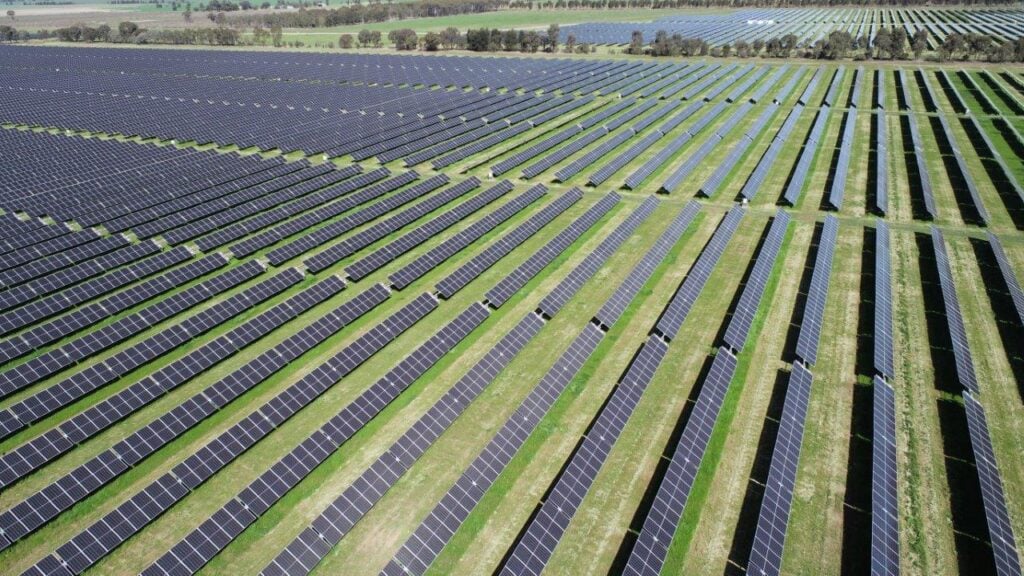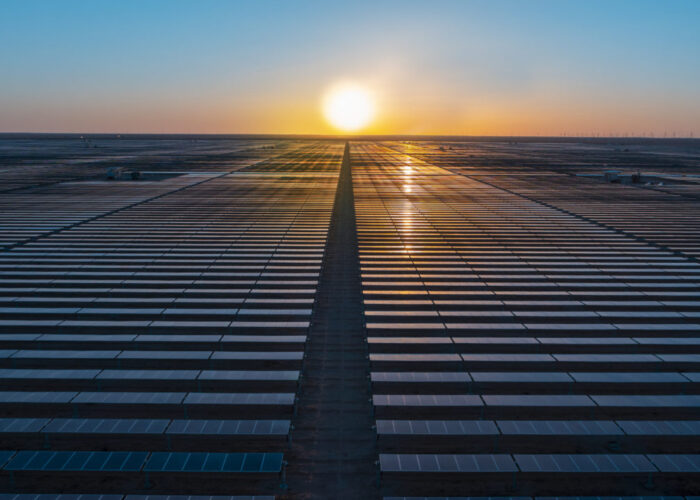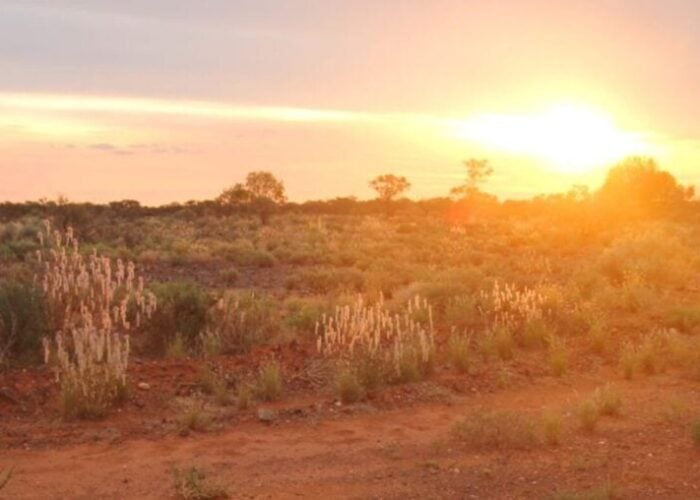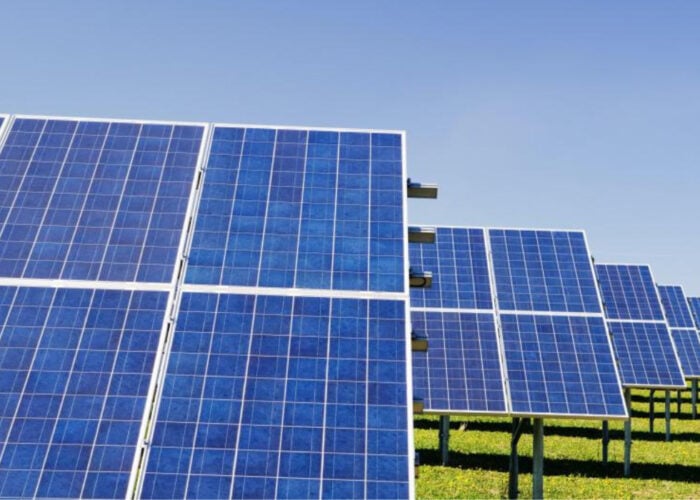
Australian trade association Clean Energy Investor Group has warned that the Environment Protection and Biodiversity Conservation (EPBC) Act has seen a doubling in decision-making periods from 2021 to 2023.
According to the group representing Australian and global renewable energy investors, the average decision-making period for controlled actions requiring comprehensive environmental assessments increased from 62 days in 2021 to 136 days in 2023.
Unlock unlimited access for 12 whole months of distinctive global analysis
Photovoltaics International is now included.
- Regular insight and analysis of the industry’s biggest developments
- In-depth interviews with the industry’s leading figures
- Unlimited digital access to the PV Tech Power journal catalogue
- Unlimited digital access to the Photovoltaics International journal catalogue
- Access to more than 1,000 technical papers
- Discounts on Solar Media’s portfolio of events, in-person and virtual
This is detailed in the organisation’s Delivering Major Renewable Energy Projects report, which also details a doubling in project referrals under the EPBC Act from 2020 to 2023 and a growing backlog of projects.
Indeed, under the EPBC Act, from 2020 to 2023, there were 23 referrals in 2020, whereas in 2023, there were 40. Only six of 19 project referrals to the EPBC Act from 2021 and none from 2023 have received final approvals.
The EPBC queue, administered by the Australian government, aims to protect nationally threatened species and ecological communities under the Act. This must be accepted before permission to develop a project is granted.
Several solar-plus-storage projects have been submitted to the EPBC queue in recent months, including Edify Energy’s 250MW project in Victoria and a 600MW solar-plus-storage site being pursued by ACEN Australia.
Despite the scheme’s positives, the Clean Energy Investor Group has concerns about its current suitability for supporting projects. It should be noted that the EPBC is not just limited to large-scale renewable energy projects but also critical infrastructure such as highway developments.
As highlighted by the CEO of the Clean Energy Investor Group, Richie Merzian, the EPBC Act is currently “inconsistent and inefficient”, and thus, these regulatory processes are “hindering the billions of dollars of investment needed for Australia’s clean energy transition”.
“It is a major concern for investors that the majority of renewable projects referred to the EPBC 3 years ago in 2021 still do not have a final decision at the end of 2024. This hampers investment, it risks further increases in the cost of capital and is detrimental to Australia’s net zero transition,” Merzian said.
Recommendations to solve EPBC constraints
The report also details several adjustments the federal government could make to the EPBC Act to ensure it is still fit for purpose. This includes aligning State and Federal assessment processes to eliminate duplication and the prolonging of decisions being made on projects.
Other recommendations include limiting and clarifying requests for additional information to reduce procedural bottlenecks and delays as well as increasing resourcing within the Department of Climate Change, Energy, the Environment, and Water (DCCEEW) to handle assessments efficiently.
Marzian added: “It is unfortunate that as the roll out of renewable energy projects gathers pace, there is a doubling of renewable energy projects referred to the EPBC Act and a doubling in time to assess them.
“While major EPBC reforms before Parliament require urgent progress, the federal government can act now on a number of quick wins to secure the confidence of investors, support the government’s emissions targets and lower electricity prices for consumers.”







